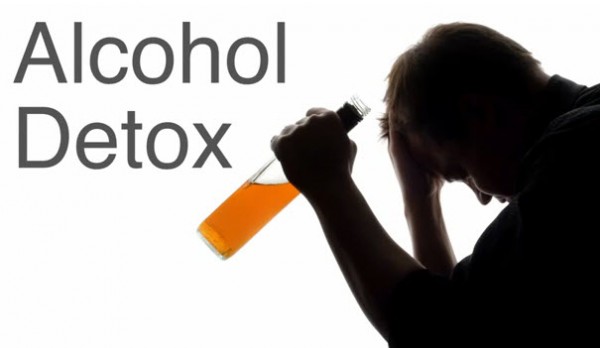For those over 21, alcohol is easy to find and available everywhere: at bars, liquor stores, sports arenas, etc. And yet, alcohol is technically a recreational drug, just one that our society has normalized. Though many people use alcohol responsibly, alcoholism is sadly common and can be very difficult to combat.
To qualify as an alcoholic, a person must not only drink regularly, but be unable to function without alcohol. This may not be obvious to an outside observer. Many alcoholics are classified as “high-functioning” because they are able to maintain their jobs and social lives despite their drinking. But no matter whether a person’s life appears to be fine or they are obviously falling apart, reliance on alcohol to get through the day is unhealthy and should be confronted.
When you decide to give up alcohol or any other drug, its effect on your body does not disappear immediately. You should prepare to experience withdrawal symptoms such as headaches, nausea, insomnia, sweating, and more. The length of your detox period depends on factors such as the intensity and frequency of your drinking, plus other health factors. Full recovery could take anywhere from weeks to months. In this article, we will follow a timeline of the detox process.
8-12 hours after your last alcohol intake, light drinkers may feel hung over. For heavy drinkers, hallucinations are common. Alcohol is a depressant that rewires your neural pathways over long periods. Since your brain is unused to normal stimulation, it may create its own stimuli in the form of visual or auditory phantoms. At this point, you have not detoxed from alcohol. Alcohol is still very much in your system. This may be described as stage 1.
Stage 2 extends for 1-2 days after alcohol intake. For light drinkers, only minor symptoms remain. You may feel slight headaches and stomach problems, the intensity of which varies from person to person. In a sense, your body is “missing” alcohol consumption. But generally, this is the end of the detox process for non-alocholics. For heavy drinkers, this stage may include a higher heart rate, high blood pressure, etc, since alcohol is no longer suppressing your normal bodily functions. If a heavy drinker suddenly stops consuming alcohol, the body goes into a state of shock.
In stage 3, heavy drinkers may face shakes and delirium, a result of the body begging for alcohol, wanting to return to its suppressed state. Most relapses occur here, but if you are able to endure this painful and scary phase, your chances of a successful detox greatly increase.
In Stage 4, the final stage, heavy drinkers experience low energy, decreased metabolism, and a general lazy feeling. These are actually positive signs that your detox is close to complete. Try to increase your water consumption and eat healthy meals to get your metabolism back on track. With the conclusion of Stage 4, your detox process is complete.
Though these stages tend to be consistent across different cases of alcoholism, they happen on different timescales for everyone. Throughout the process, support from friends and family is a key component. If you do not feel equipped to care for someone undergoing alcohol detox, seek out a rehab facility where the addict can receive personalized care 24/7. Though the process is difficult, it can be completed with support and perseverance.

0 Comments